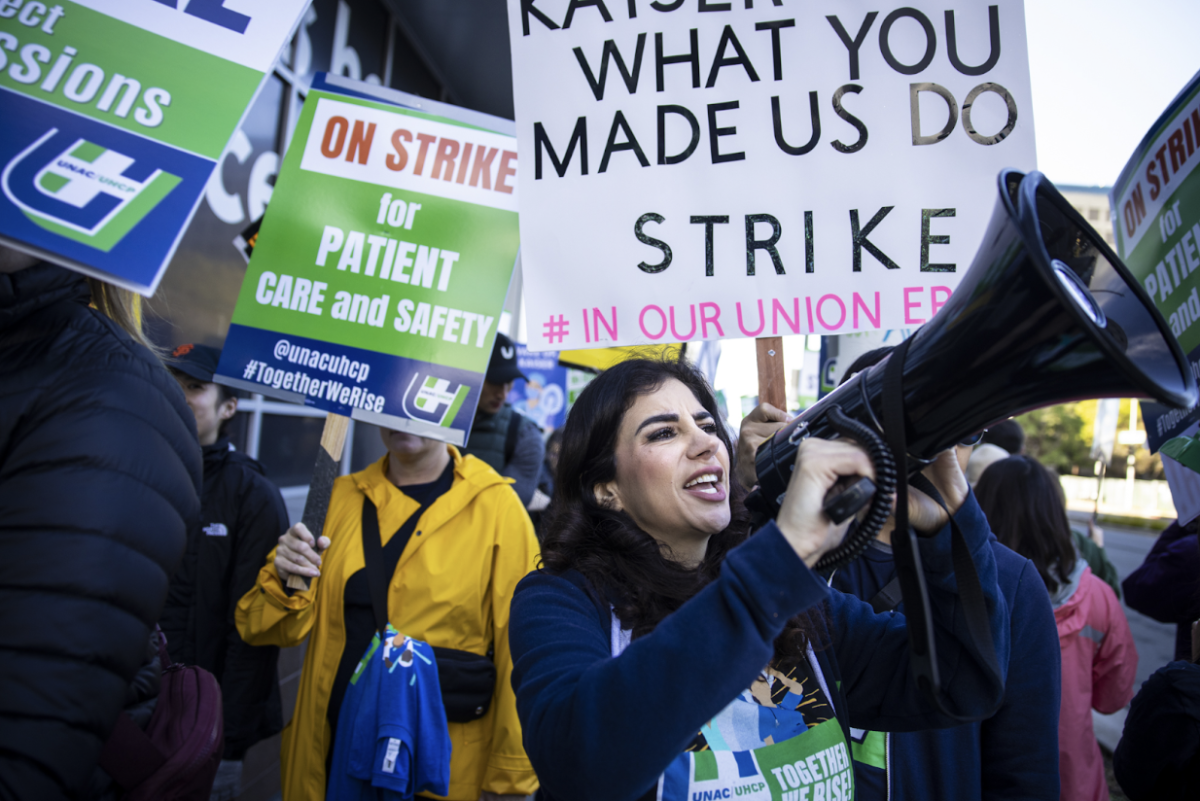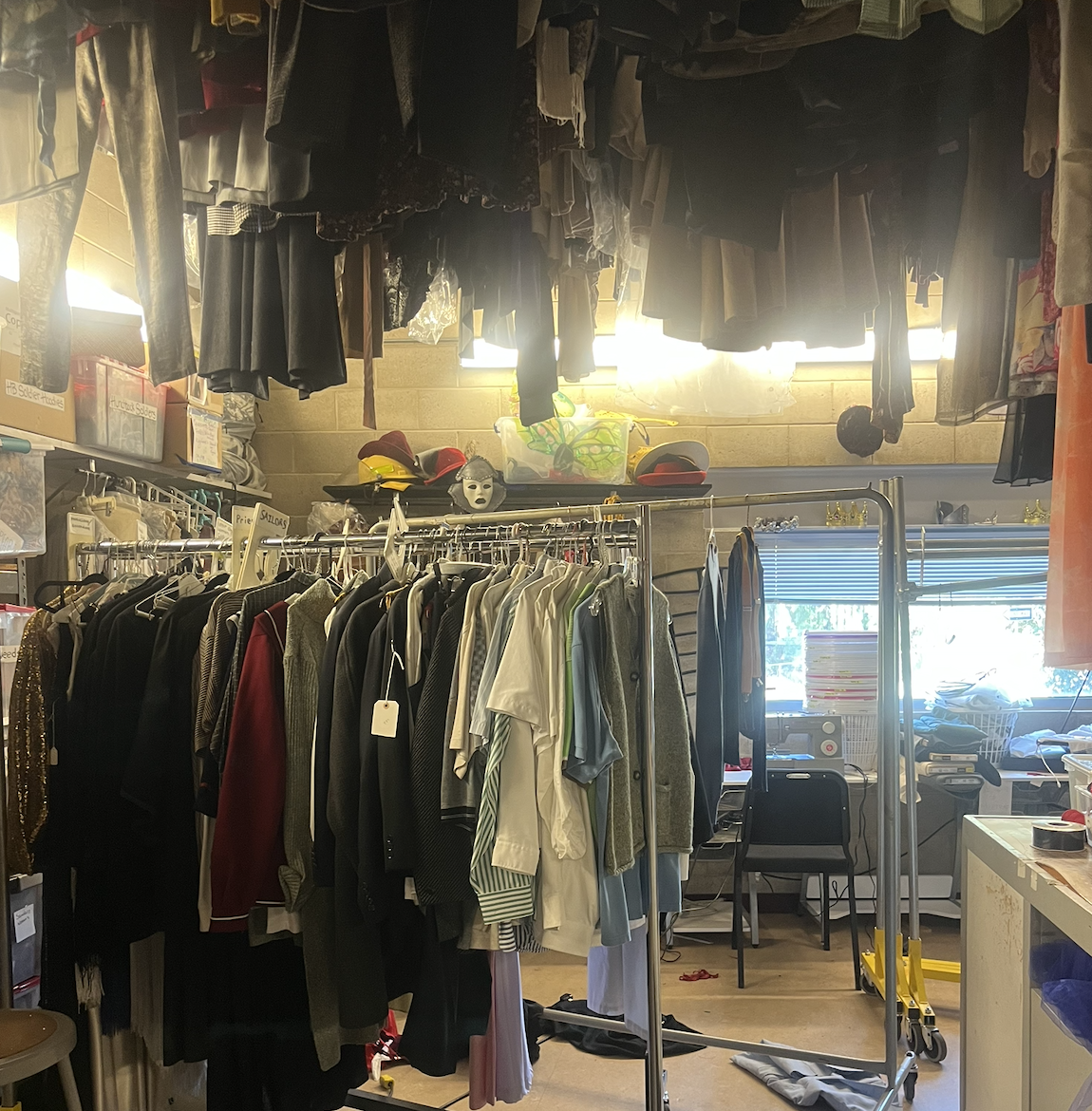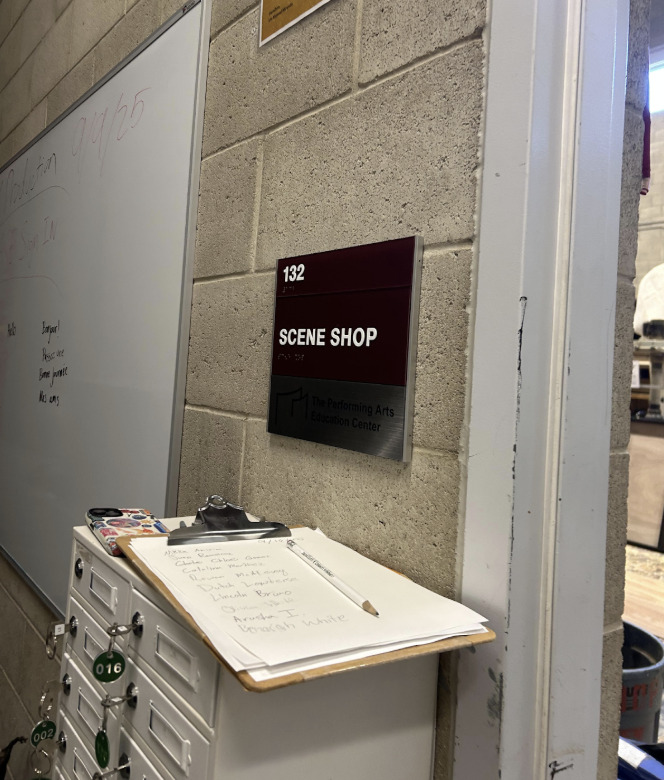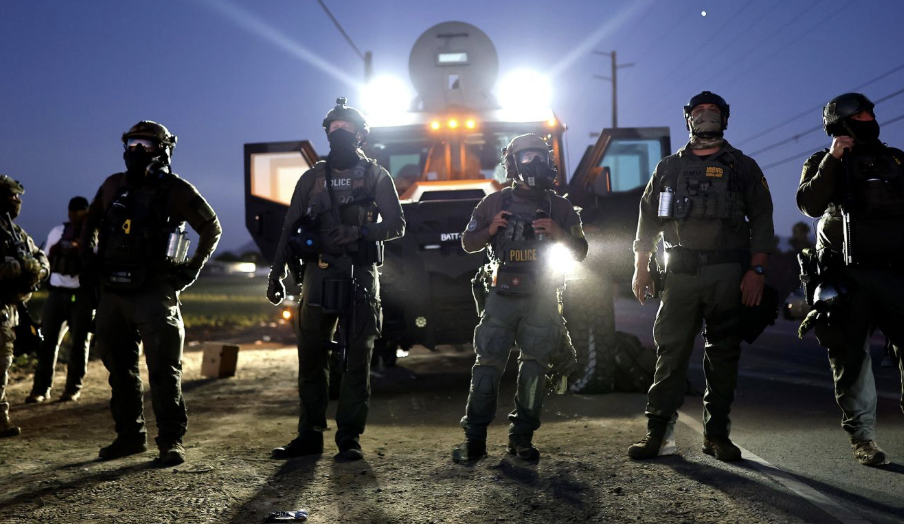People are now discovering that the Goodwill, a multi-billion dollar nonprofit organization, has been paying its disabled employees below the minimum wage. Although this act is technically legal, many members of Goodwill’s workforce are being paid only pennies an hour.
More than 100 Goodwill sites employ workers through the Special Wage Certificate Program, a 75-year-old Great Depression-era loophole in a federal labor law that allows organizations to pay subminimum wages to people with disabilities. Workers who receive the special wage certificate are usually impaired physically or mentally. Some of the disabilities that qualify for the certificate include blindness, cerebral palsy, alcoholism and drug addiction. Goodwill claims these low wages are acceptable because its employees face emotional or physical issues and do not finish their shifts. According to Goodwill, 7,300 of its 105,000 workers are subject to the subminimum wage that affects 300,000 workers nationwide.
“I don’t make much working part time at a bike shop, but I think it’s unheard of to pay so little to people who deserve it more than we do,” said sophomore Griffin Gordon.
According to the National Federation of the Blind, approximately 300,000 handicapped workers are being paid below the minimum wage because of Section 14 of the Fair Labor Standards Act. Leaders from the NFB and Autistic Self Advocacy Network have issued a petition to the Goodwill Industries demanding that the company stop using the 75-year-old labor law to justify paying disabled workers less than minimum wage. Approximately 170,000 people have signed a petition on change.org demanding that the Goodwill stops using the old federal labor law. NFB and ASAN have sent copies of this requisition to Goodwill’s Maryland headquarters and stores nationwide as strikes ensued outside of the building.
“It is unfortunate that the people working at Goodwill aren’t getting the pay they deserve,” said sophomore Jasmine Bautista. “Those disabled employees are at more of a disadvantage trying to compete with their disability, and at least deserve to be paid equally.”
Representative Gregg Harper, a republican from Mississippi, introduced legislation that would repeal Section 14 of the Fair Labor Standards Act. Many groups, including the NFB, are working to rally more support for the bill in Congress. In the future, employees of Goodwill hope to earn their right to minimum wage regardless of their individual disabilities. For more information, visit change.org/goodwill.








